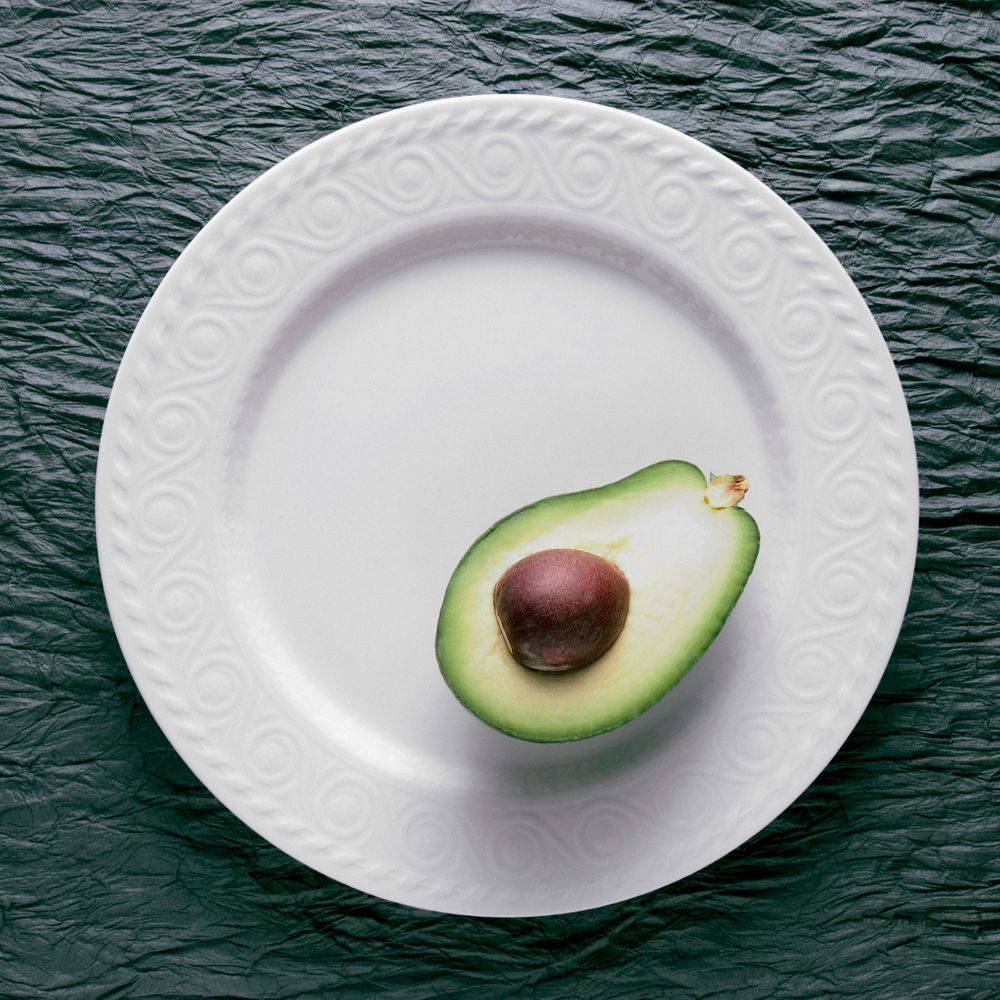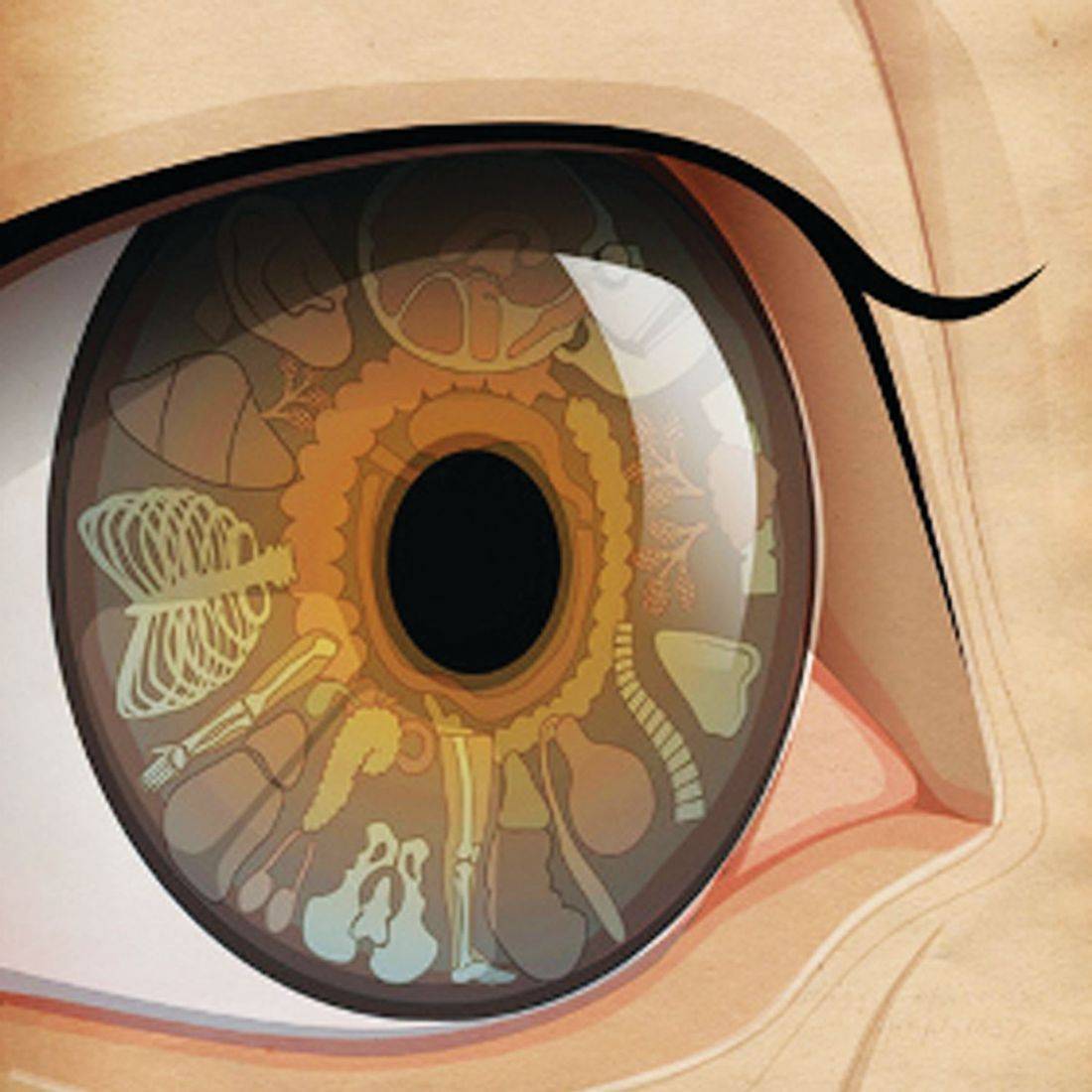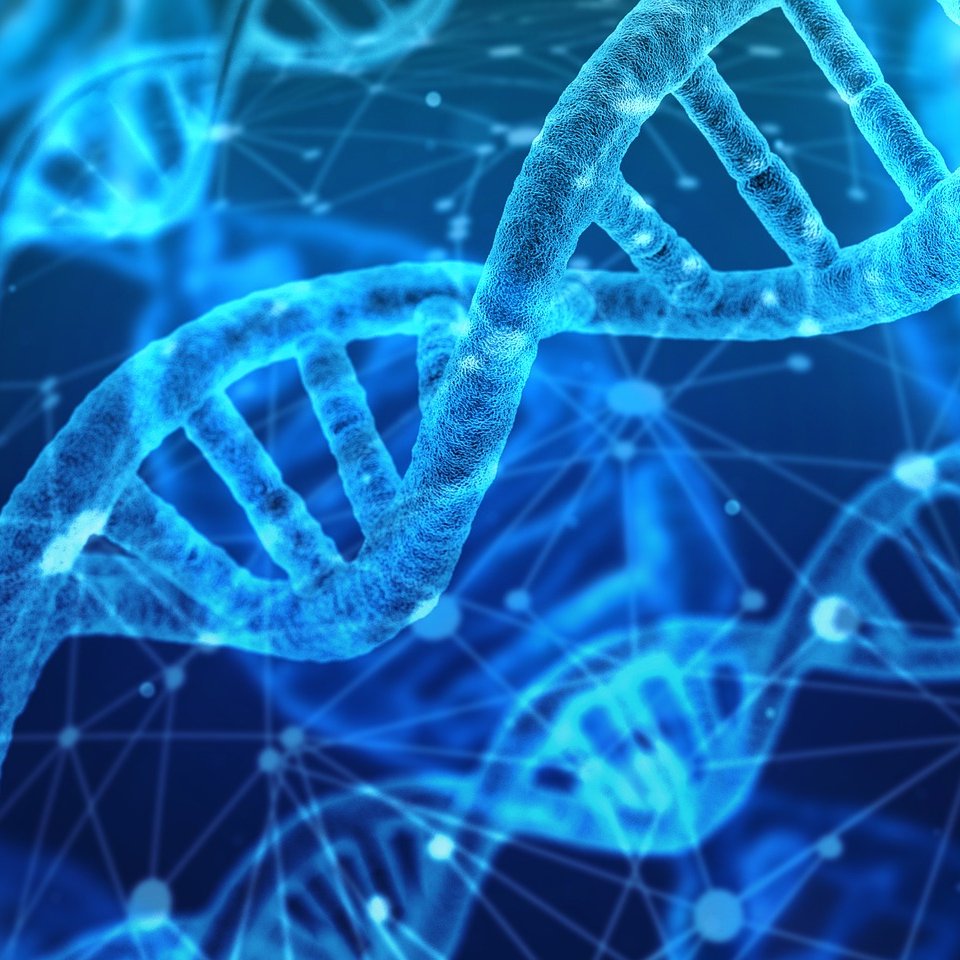By Traci Vincent, Certified Brain Health and Wellness/Nutrition Coach and Registered Physical Therapist
This is where you see the power of GI tract in overriding what we know to do, but don’t do. When there is a disruption of healthy gut balance, those bad gut bugs will trick you into choosing the donut over an apple every time. As mentioned above, neurotransmitters are predominately made in the gut and when they are low, the prefrontal cortex of the brain is less active. This part of your brain is your executive decision making area. If the function is impacted, you will find yourself making poor choices, i.e. the donut over the apple.Many of us were taught that the brain is the control center of the body. We thought that the brain was dictating what actions and reactions occurred and that our moods and emotions were “just the way we are”. However, scientific research has now shown that the gut or intestinal tract is very much involved in producing many chemicals necessary for brain function and regulating our emotional health.
Did you know that foods actually have the power to calm the brain to produce positive moods or they can stimulate the emotional center in the brain? Overactivity in this emotional or limbic brain has been directly linked to depression. Researchers are concluding the mental health issues like depression are found in people consuming foods that lack key nutrients for brain health. In fact, nutritional intervention may help prevent, treat or improve depression, anxiety, ADD/ADHD and bipolar disorder.
With so much compelling research that strongly links food to mood and to the brain’s health, what are some key foods for brain health and gut health also known as your second brain?
Food for your brain
- Berries, like blueberries, raspberries and blackberries are loaded with antioxidants and key nutrients that help balance your blood sugar and curb food cravings.
- Dark leafy greens are packed with vitamins and minerals and fight inflammation which according to research is linked to depression.
- Avocados contain healthy fats like oleic acid. This fuels your brain and again studies show people who consume high amounts of oleic acid were 50% less likely to suffer from depression.
- Saffron is a powerful spice found to be as effective as antidepressant medication for depression.
- Kimchi is a robust probiotic food and helps support the healthy bacteria in your gut. Your GI tract has a powerful influence on your brain and mood because 75% of your neurotransmitters, including serotonin, which is the brain’s feel good chemical, are produced in the gut. Existing research suggests that probiotics can reduce symptoms of depression.
- Wild caught salmon and it’s healthy omega-3 fats are powerful in reducing symptoms of depression in adults and children. EPA which is a form of omega-3 is critical for the brain since 60% of the solid weight of the brain is fat. If you have grow up thinking low-fat diets were best, think again.
- Water is not technically a food, but it is crucial for your brain and body. Even mild dehydration can impact your cognition and energy levels and make you feel more anxious, angry, depressed, tense or tired. Because 80% of your brain is made of water as well as all the cells of the body, adequate hydration levels are a must. Aim to drink 50% of your body weight in ounces of water daily.
I often hear people say that they know what they are “supposed to eat”, but still struggle to follow through on healthy choices, especially if they are dealing with depression and anxiety…




